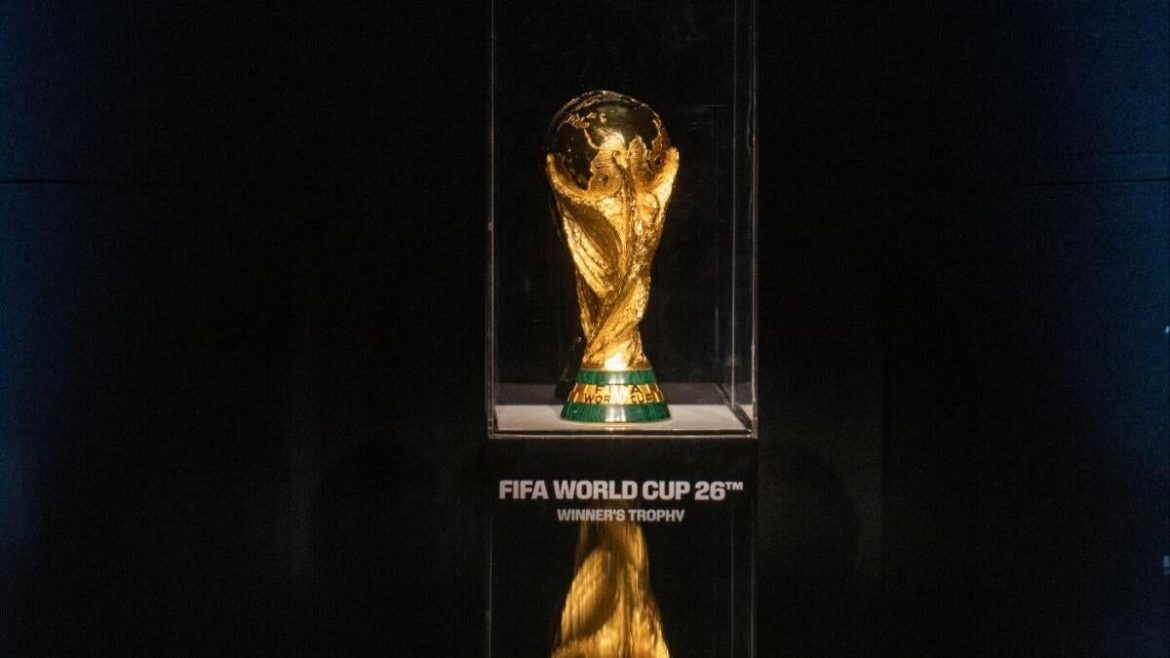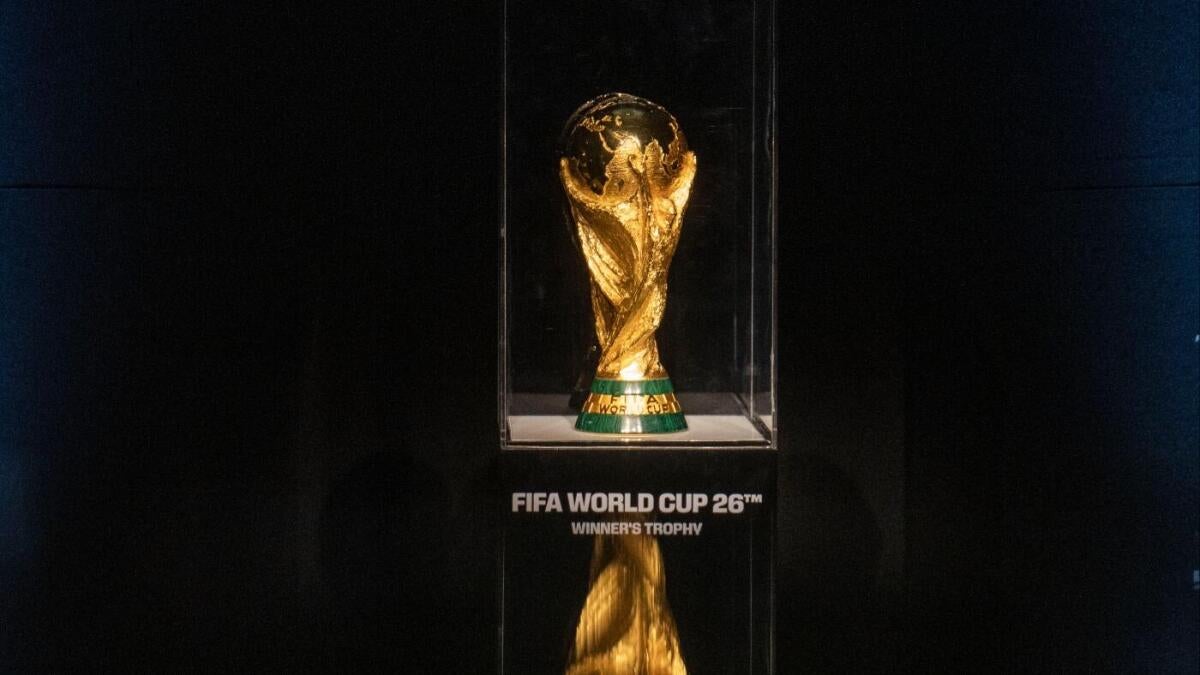The 2026 FIFA World Cup promises to be an unprecedented event in the history of international football, combining expanded competition, a multi-national hosting arrangement, and a packed schedule that will captivate fans around the globe. Co-hosted by the United States, Canada, and Mexico, this tournament brings together 48 teams competing in a record-setting 104 matches. With the countdown well underway, excitement is building as the world prepares for a month-long festival of sport from June 11 to July 19, 2026.
An Unprecedented Tri-Nation Hosting
For the first time ever, the World Cup will be hosted across three countries, a bold collaboration that expands the tournament’s geographical footprint and cultural diversity. Sixteen cities spread across North America have been selected as host venues, offering a combination of state-of-the-art stadiums and historic arenas. The United States contributes eleven host cities including Atlanta, Boston, Dallas, Houston, Kansas City, Los Angeles, Miami, New York/New Jersey, Philadelphia, San Francisco, and Seattle. Canada’s two cities, Toronto and Vancouver, and Mexico’s three—Guadalajara, Mexico City, and Monterrey—round out the roster.
This widespread hosting strategy ensures the tournament reaches diverse fan bases and vastly broadens opportunities for attendance and local engagement. The iconic Estadio Azteca in Mexico City will have the honor of hosting the opening match on June 11, 2026, symbolizing Mexico’s historic role in world football. The final showdown is slated for July 19 in the New York-New Jersey metropolitan area, spotlighting one of the largest metropolitan markets in the US.
Expanded Format: More Teams, More Drama
The 2026 World Cup will be the largest ever staged, featuring 48 teams—a significant increase from the traditional 32-team format. This expansion results in more opportunities for nations to qualify and a richer variety of playing styles and stories to unfold on the global stage.
With 104 matches scheduled, the tournament will offer a massive increase in football content, intensifying drama and fan engagement. The competition will begin with a group stage running from June 11 to June 27, followed by a knockout phase including the Round of 32 and Round of 16, culminating in the final in mid-July.
The expanded field creates opportunities for emerging football nations to showcase their talents on the world stage, potentially balancing power dynamics long dominated by traditional football giants. It promises a broader narrative arc with fresh matchups and unexpected storylines.
Key Dates and Countdown Events
The countdown clock has officially begun with major milestones marked leading up to the kickoff:
– June 11, 2026: Opening match at Mexico City’s Estadio Azteca.
– March 2026: World Cup and UEFA qualifying playoffs decide final participants.
– April 22, 2026: “50 days out” countdown, intensifying preparations.
– May 11, 2026: One month to go, with host cities unveiling countdown clocks to drum up excitement.
– July 19, 2026: Tournament final takes place in New York-New Jersey.
Ticketing processes and qualification deciders will unravel throughout the year preceding the tournament, with drawing of lots scheduled for December 2025 to establish group stage pairings.
Cultural Fusion and Fan Experience
A tri-nation hosting arrangement adds layers of cultural fusion and fan engagement to the tournament. Spectators will experience diverse atmospheres ranging from Mexico’s passionate football fervor in historic stadiums to the vast, vibrant crowds expected in multiple US cities and the welcoming Canadian venues in Toronto and Vancouver.
Host cities are unleashing locally inspired countdown clocks and events, building momentum in their communities and giving fans a taste of the celebrations to come. The range of cities also offers opportunities for visitors to explore unique regional attractions outside of the stadiums, enriching the overall World Cup experience.
Challenges and Opportunities
Managing a World Cup across three countries with 16 host cities and a record number of games poses logistical challenges. Coordinating schedules, transportation, security, and broadcast rights gives local organizers and FIFA a complex puzzle to solve. Yet it also presents unparalleled opportunities for collaboration and showcasing North America as a football powerhouse.
For the US, Canada, and Mexico, the World Cup is a platform to further grow soccer’s footprint domestically and nurture the sport’s increasing popularity. The expanded tournament can accelerate youth participation and fan enthusiasm, setting the stage for future generations.
Conclusion: A Global Celebration unlike Any Other
The 2026 FIFA World Cup is shaping up to be a landmark event that pushes the boundaries of sport organization, competition, and fan engagement. With its expanded format, innovative tri-nation hosting, and historic set of host cities, it promises a feast of football full of new storylines, community celebration, and unforgettable moments.
As the world counts down toward June 11, 2026, the sense of anticipation is palpable. From Mexico City’s legendary Estadio Azteca to the energetic hubs in the United States and Canada, fans everywhere will unite in their shared passion. This unique tournament is poised not just to crown a new football champion but to celebrate the global spirit of the beautiful game as never before.





